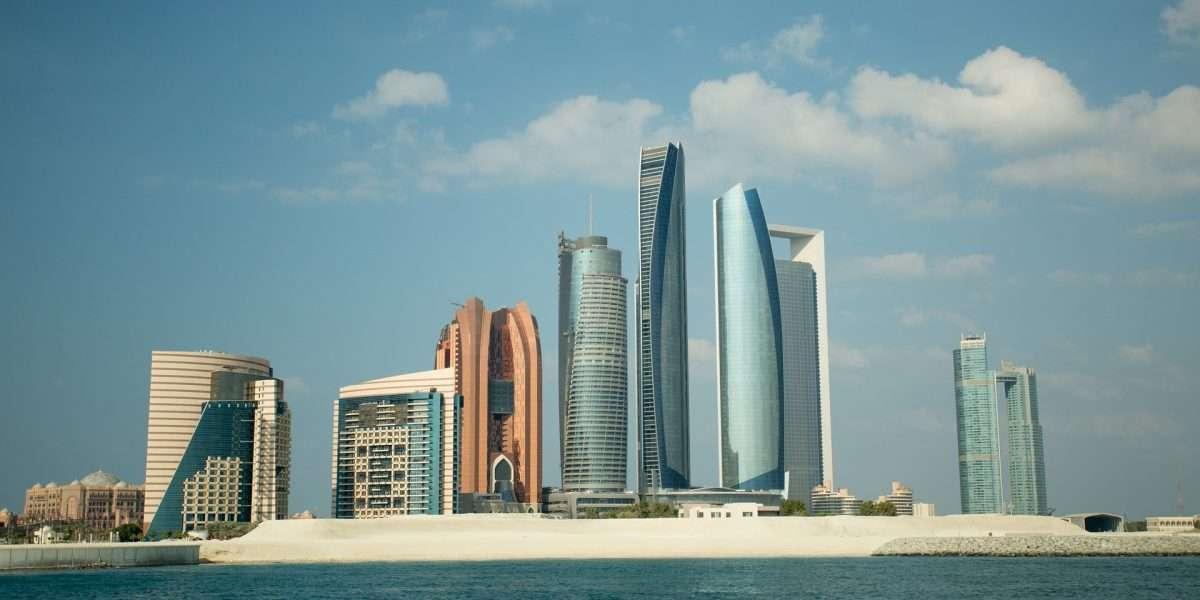- Mubadala Investment Company CEO Khaldoon al-Mubarak has expressed a crypto-friendly tone, calling the technology “real.”
- The firm has placed an unspecified portion of its funds in blockchain tech and energy use.
Khaldoon al-Mubarak, CEO of Abu Dhabi-based state-owned fund Mubadala Investment Capital (“Mubadala”), has expressed his support and positive attitude towards the crypto industry.
Speaking in a recent interview with CNBC, the Mubadala boss who is also chairman of Manchester City Football Club, distanced himself from crypto critics. He called the technology “real” and pointed out the industry’s rapid growth from $250 billion to a $3 trillion valuation in just a couple of years.
Many people are skeptics. I do not fall in that category. I see this as real.
Mubadala, which is linked to Abu Dhabi’s crown prince Mohamed bin Zayed, manages a global portfolio of assets worth $243 billion as of Nov. 18, 2021. al-Mubarak claims the firm has invested part of this fund in the crypto ecosystem, though he did not give a specific figure. He singled out blockchain technology and energy use as areas of interest for the company, saying:
From our perspective, I think we look at the ecosystem around crypto. And I think we are investing in that ecosystem. That could be that’s in the blockchain technology, energy usage, etc.
Mubadala’s CEO tells CNBC he’s not a crypto skeptic pic.twitter.com/rfT5nLjqur
— CNBC Middle East (@CNBCMiddleEast) December 13, 2021
UAE interest in new tech
Back in 2019, the organization made its first crypto endeavour by investing in MidChains, the first regulated crypto exchange in the United Arab Emirates (UAE). The platform launched activity in late September, offering trading in four leading cryptocurrencies: Bitcoin, Ethereum, Bitcoin Cash, and Litecoin.
al-Mubarak says the evolution of the crypto regulatory environment is necessary and will help digital assets to develop into “something new.”
Currently, the Central Bank of the UAE has not provided any regulatory measures for digital assets. It has, however, asserted that it does not acknowledge the novel financial industry. Emirati dirham remains the only legal tender in the country. That said, Dubai, which is the UAE’s most populous city, has managed to establish several crypto-friendly policies within it.
In late September, UAE regulators reached a consensus to allow crypto trading and regulation in Dubai free-trade zones (FTZs). The latter are economic zones that offer various tax benefits to foreign investors. Currently, Dubai boasts of 30 such zones. Similar policies were also approved in May for the Dubai Airport Free Zone (DAFZA). Both standards show the region is committed to allowing financial innovation but with regulatory oversight.
Does religion play a hand in crypto?
Religion and its demands have come into play when dealing with crypto in other jurisdictions. The larger population in Dubai is Muslim, which is the same as Bahrain and Indonesia. The latter, however, has differing views on crypto-assets compared to the other two. Last month, Indonesian Muslim authorities banned digital assets for all Muslims in the country, saying they harbour elements of “uncertainty, wagering, and harm.” It is not clear whether and how this perspective will come to affect other Muslim-dominated regions in the future.





